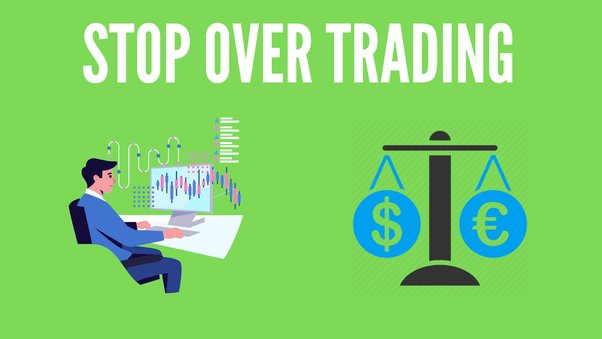Managing your psychological state is crucial for success in forex trading. Here are some Forex Trading Psychology Tips to help you develop a strong trading psychology:
Forex Trading Psychology Tips
On this Page

Stay Disciplined
Stick to your trading plan and avoid making impulsive decisions. Discipline is essential for consistent, successful trading.
Control Emotions:
Emotions like fear and greed can cloud judgment. Stay calm and objective, especially during periods of market volatility. Emotional control is a key aspect of successful trading psychology.


Set Realistic Expectations:
Understand that losses are a part of trading. Set realistic expectations and avoid chasing unrealistic profits. Focus on long-term success rather than short-term gains.
Click here to read Take Control of Your Forex Trades with Essential Risk Management Tools
Continuous Learning:
Stay informed about market trends, trading strategies, and economic developments. Continuous learning helps you adapt to changing market conditions and improve your skills.


Risk Management:
Implement effective risk management strategies to protect your capital. This includes setting stop-loss orders, determining position sizes, and managing leverage wisely.
Accept Responsibility:
Take responsibility for your trades and decisions. Avoid blaming external factors for losses. By acknowledging responsibility, you empower yourself to learn from mistakes and improve.


Avoid Overtrading:
Overtrading can lead to exhaustion and poor decision-making. Stick to your trading plan, and only take high-probability trades.
Understand Market Behavior:
Recognize that markets can be unpredictable. Even with a solid strategy, there will be losing trades. Accept the uncertainty of the market and focus on your process.


Keep a Trading Journal:
Maintain a detailed trading journal to record your thoughts, decisions, and emotions for each trade. Reviewing your journal can help identify patterns in your behavior and improve your decision-making.
Take Breaks:
Trading for extended periods can lead to fatigue and increased susceptibility to emotional decision-making. Take regular breaks to refresh your mind.


Visualize Success:
Visualize successful trades and positive outcomes. Visualization can help build confidence and create a positive mindset.
Stay Patient:
Patience is a virtue in trading. Wait for high-probability setups and avoid rushing into trades out of impatience.


Learn from Experience:
Learn from both successful and unsuccessful trades. Analyze what went well and what could be improved. Use this knowledge to refine your trading strategy.
Avoid Chasing Losses:
Trying to recover losses quickly can lead to impulsive decisions and increased risk. Stick to your risk management plan and avoid chasing the market.


Seek Support:
Connect with other traders or join trading communities. Sharing experiences and insights can provide valuable support and perspective.
Focus on Process, Not Just Results:
Concentrate on executing your trading plan rather than fixating on individual trade outcomes. A disciplined process will lead to better results over time.

Trading Psychology Tips Conclusion
For whatever reason, most traders do not stress the psychological aspect of trading, despite the fact that skilled traders consistently state that it is one of the most significant aspects of a trader’s life.
If you want to advance in your profession, you must understand trade psychology and how to cope with it; use the trading psychology recommendations in this article to enhance your trading!
Good luck.
Remember that developing a strong trading psychology is an ongoing process. It requires self-awareness, continuous learning, and the ability to adapt to different market conditions. By focusing on these psychological tips, you can enhance your resilience and improve your overall trading performance.
